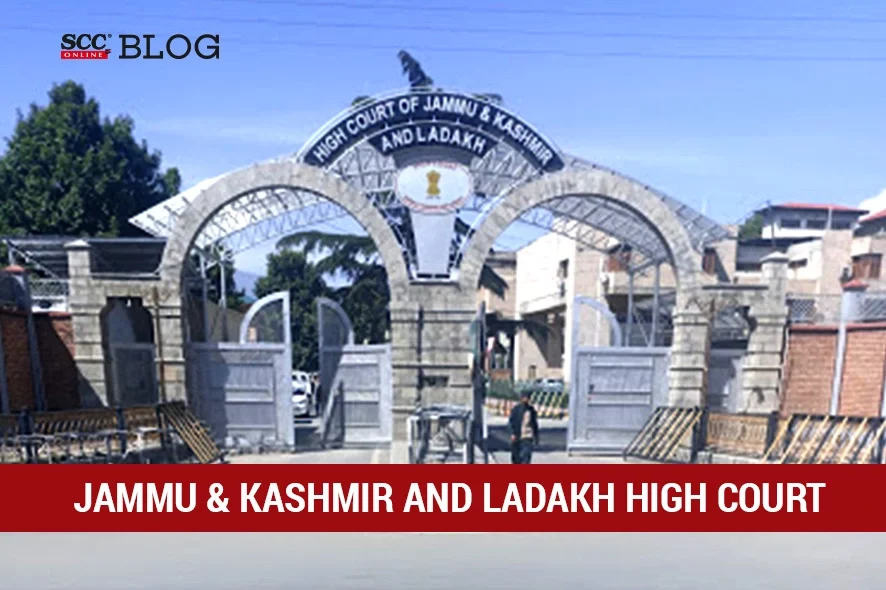Jammu and Kashmir and Ladakh High Court: While deliberating over the instant appeal filed by the erstwhile State of Jammu and Kashmir challenging the acquittal of accused persons by Additional Sessions Judge, Udhampur; the Division Bench of Sanjeev Kumar and Javed Iqbal Wani*, JJ., analysed the circumstantial evidence presented by the prosecution and pointed out that motive assumes great importance in case based on circumstantial evidence. In absence of a motive, it would be difficult to complete the chain of events in order to prove the guilt of accused. Based on this assessment and scrutiny of the circumstantial evidence, the Court was of the view that the prosecution was not able to lead evidence of definite character to bring home the case, the respondents had been implicated in and that the trial Court had no option other than recording acquittal of the respondents.
In December 2008, the accused persons attacked the victim with deadly weapons causing serious injury and thereafter fled away and the said victim passed away while being shifted to the hospital.
During investigation, the police arrested 5 accused persons collected evidence, recovered weapons of offences on the basis of disclosure statement made by the accused person and upon conclusion of the investigation presented the challan against the accused persons.
The accused persons pleaded not guilty and claimed to be tried. During the trial, the prosecution presented it witnesses and other evidence to bring home the guilt of the accused persons but to no avail and the impugned judgment of acquittal was passed.
Noting that the statements given by the prosecution witnesses did not support the prosecution case, the High Court thus perused the circumstantial evidence present on record.
The Court pointed out that in a case based on circumstantial evidence there has to be a complete and unbreakable chain of events to prove the guilt of the accused. Where a series of circumstances are dependent on one another, they are to be read as one ingredient as a whole and not separately as it is not possible for a Court to truncate and break the chain of circumstances as the very concept of proof of circumstantial evidence would be defeated, in that event and where the circumstantial evidence consist of chain of continued circumstances linked with one another, the Court has to take cumulative evidence of the prosecution before acquitting or convicting the accused.
The Court further highlighted that motive is equally assumes importance in circumstantial evidence- based cases, for it is ‘motive’ which completes the chain of circumstances.
Based on the aforesaid propositions of law, the Court then examined the general and specific circumstances as presented by the prosecution. It was noted that the witnesses either turned hostile or did not identify the accused persons in Court. It was further pointed out that prosecution failed to even show as to which cell phones being used by the accused persons before and after occurrence and whether there was any contact between the accused persons inter-se it could safely be said that the prosecution failed to bring home the guilt.
The Court was of the view that prosecution has not been able to lead evidence of definite character to bring home the case, the respondents had been implicated in and that the trial Court had no option other than recording acquittal of the respondents. “On the conspectus of evidence and material on record, we are of the firm opinion that the judgement of acquittal impugned in the instant appeal recorded by the trial Court is perfectly legal and valid and thus does not call for any interference. Otherwise also the jurisdiction of the appellate court hearing an acquittal appeal is well circumscribed and where on evaluation of evidence and material on record, two views are possible, the view which favours the accused has to be preferred”.
[State of J&K v. Shalinder Singh, 2023 SCC OnLine J&K 400, decided on 01-08-2023]
*Judgment by Justice Javed Iqbal Wani
Advocates who appeared in this case :
For appellant- Dewakar Sharma, Dy AG;
For respondents- Sudesh Sharma, Advocate.







